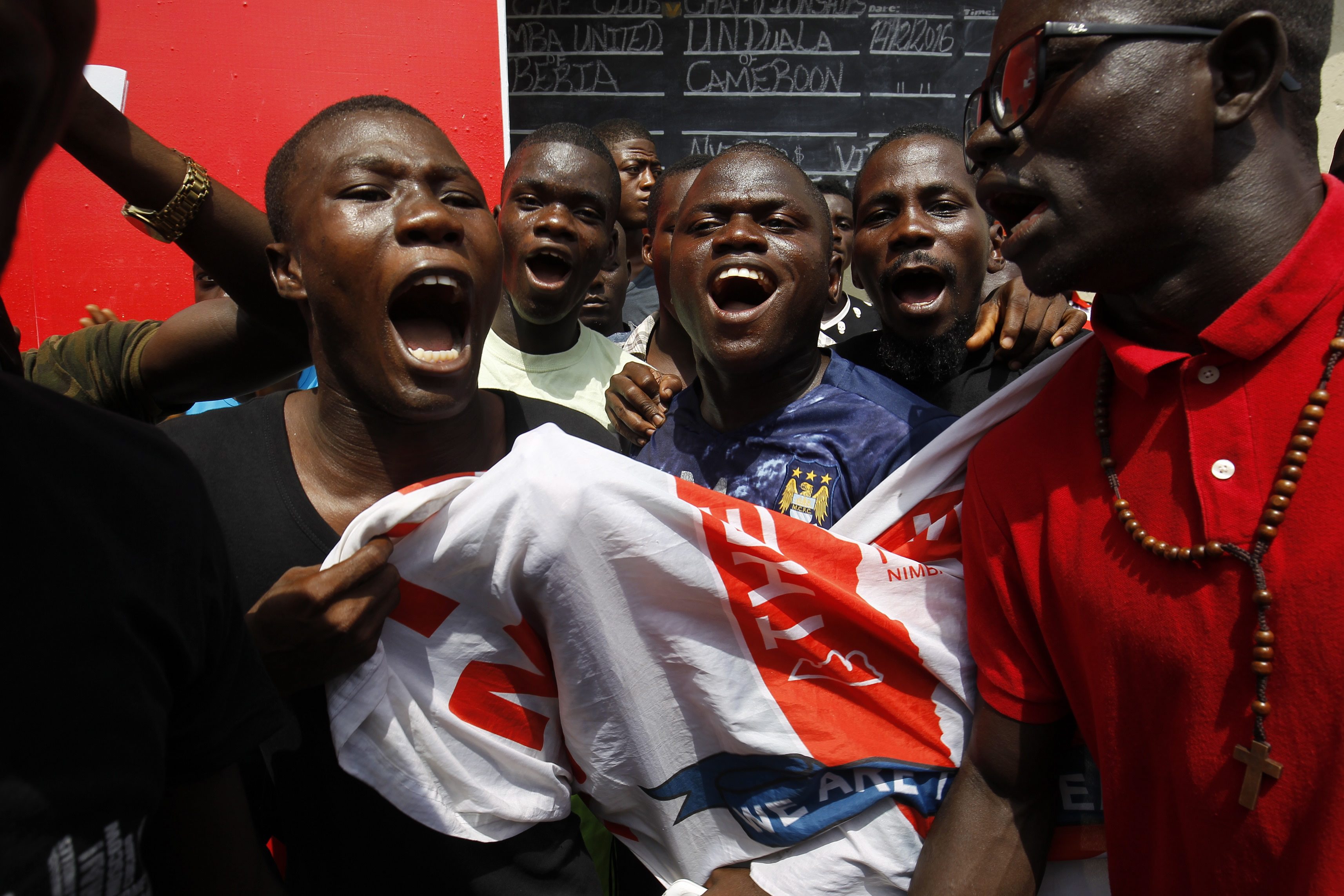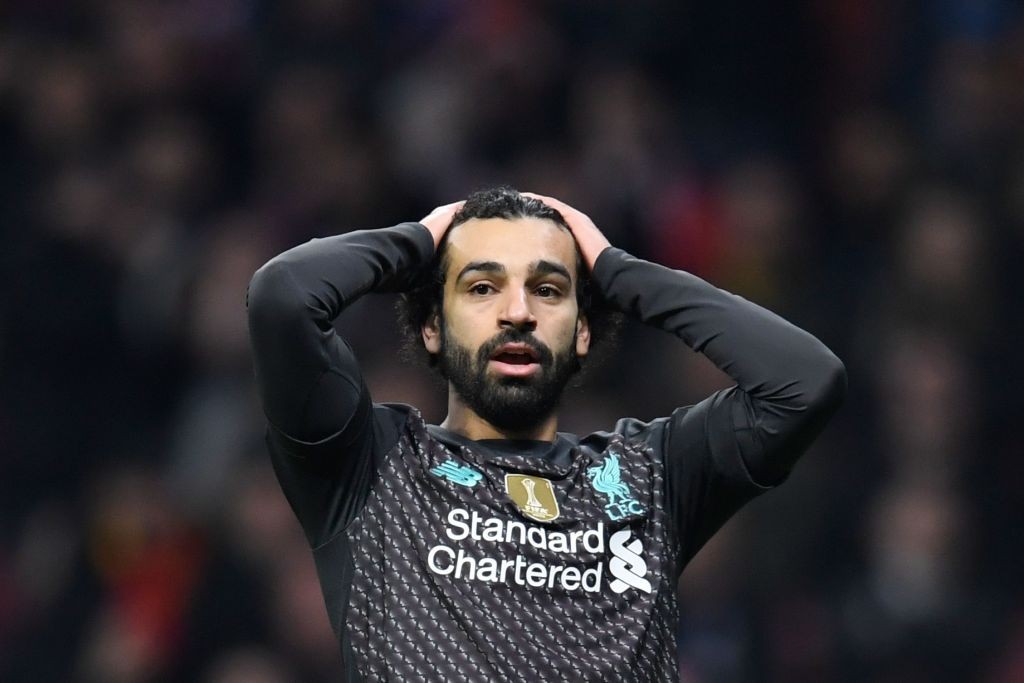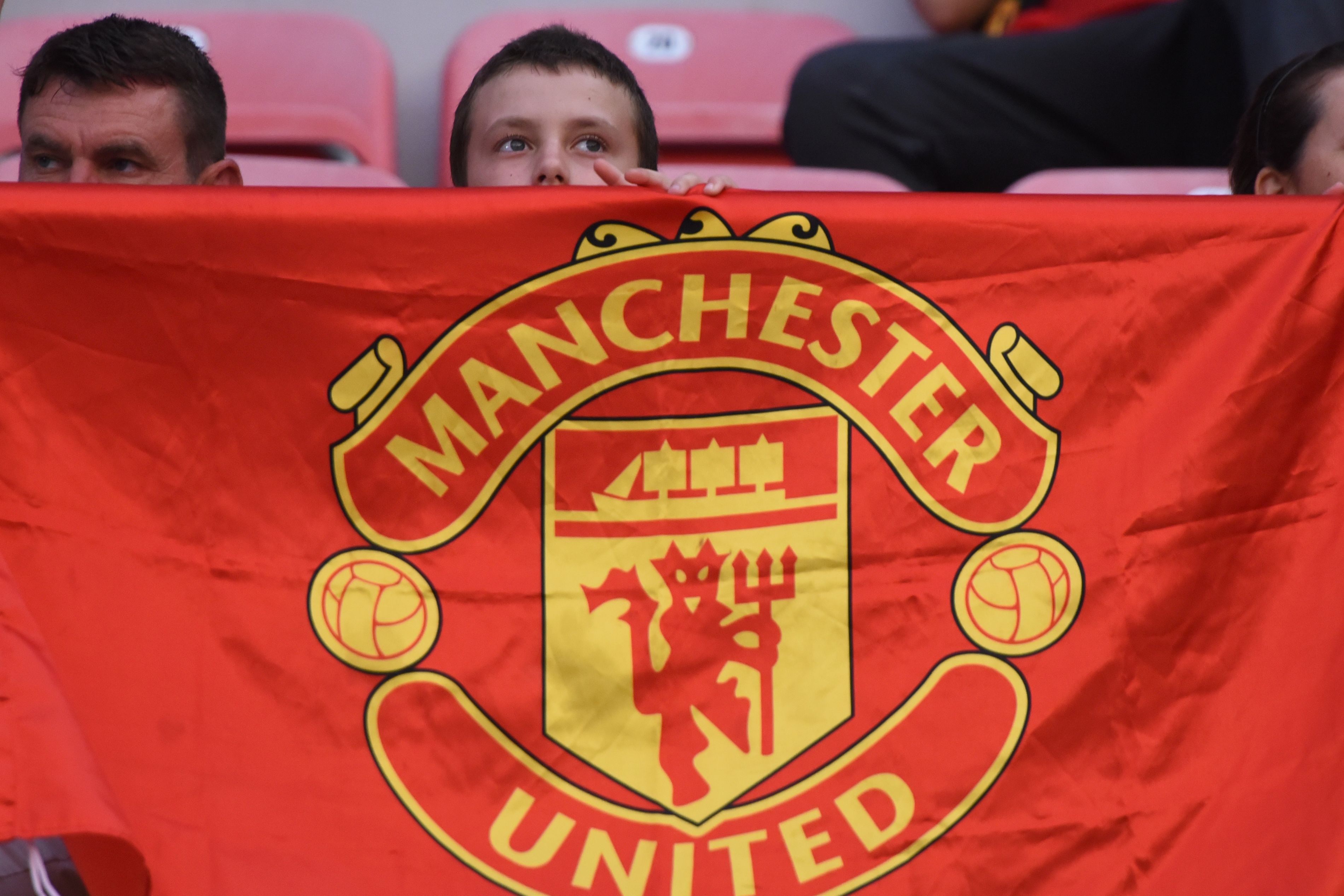They dream of being the next Cristiano Ronaldo, but for many budding young stars who arrive in Portugal from Africa and Latin America, Europe’s football riches remain an illusion.
Abandoned by unscrupulous agents, some are unceremoniously deported, others left to fend for themselves on the streets. Few top clubs are interested.
Valentine Akpey, 20, trains tirelessly with his fellow Nigerian Sunday Akoh, juggling the ball, passing and repassing, the snow-capped peaks of Portugal’s Serra da Estrela mountains in the background.
For two years he has been on the books of Nogueirense, an amateur club in Portugal’s third division.
“I work hard so I can win a place in a higher division”, he said.
His face drawn, and with well-maintained dreadlocks, the young Nigerian has lofty ambitions.
“I dream of playing for Barcelona, like Lionel Messi. The best football is in Europe, all young Africans want to come here.”
He was not even 18 when he arrived in Portugal with other youths, brought over by a Nigerian agent who spotted him while he was playing in the streets of the capital Abuja.
In mid-2014, he was picked up by police as his visa had expired. The Portuguese authorities gave him 20 days to get his papers in order or face deportation back to Nigeria.
He was saved by Nogueirense, which offered him a modest contract and now lives in accomodation in the stadium which he shares with seven other young players, from Ivory Coast, Mali and Colombia.
Football ‘trafficking’
While some see an escape from dire poverty, others like Joaquim Evangelista, head of Portugal’s professional footballers union, condemn the “illegal trafficking of minors.”
“There are parents who go into debt to finance their son’s dream and pay agents up to 3,000 euros ($3,300) in Africa, even 5,000 euros in Brazil,” he said.
FIFA, football’s world governing body, bans all international transfers of players under 18, except those within the European Union.
However, with Portugal’s economic woes, “more and more amateur clubs agree to train young players and act as nurseries. If the players succeed and are transferred to big clubs, they can earn big pay cheques,” said Evangelista.
But if they fail, “the young men are abandoned by their agents and find themselves in the street, broke.” Some turn to petty crime or drugs, he said.
At least 15,000 African minors try their chances in Europe every year, with the failure rate at around 70 percent, according to the Foot Solidaire, an activist group which campaigns for young footballers. Between 1,000 and 1,500 young footballers are illegal migrants in Portugal, border police said.
39 mouths to feed
Ansumane Fati, a 24-year-old from Guinea-Bissau, was one of the lucky ones, although it was a long hard route to success. Dropped by the Sporting Lisbon academy after a three-month trial, he was abandoned by his agent without any papers.
Fati then began a journey far from Ronaldo’s rags-to-riches tale in Portugal. He ended up at a small amateur club in northern Portugal where he slept rough under the stands.
Fati changed clubs twice before securing a place at second division outfit Freamunde. “Football, it’s a passion but also a way of helping my family in Guinea-Bissau”, said Fati.
“Since my father died, I have 39 people that I have to feed”.
Wearing a brown leather jacket, an amulet round his neck, he now earns 1,500 euros a month, 10 times what he made when he first started in Portugal.
“Foreign players do not cost very much for clubs, who supply accommodation and food, but the salary is often derisory,” said Joao Manteigas, a lawyer who specialises in sports issues.
Fearing expulsion or losing a job, few players dare to complain. Brazilian Alex Rambo, however, is one who broke the silence.
“I was scared, but I finally spoke publicly about my case to obtain help,” he said.
An agent had dangled a contract with top club FC Porto in front of him, but when he arrived in Portugal the deal was never concluded. Aged just 18 at the time, he found himself alone and penniless in a hotel room for two months.
Returning to Brazil, he became a star striker for the Osvaldo Cruz club. He has never given up the idea of one day going back to Portugal, “but only with a contract in my pocket.”
– by AFP





